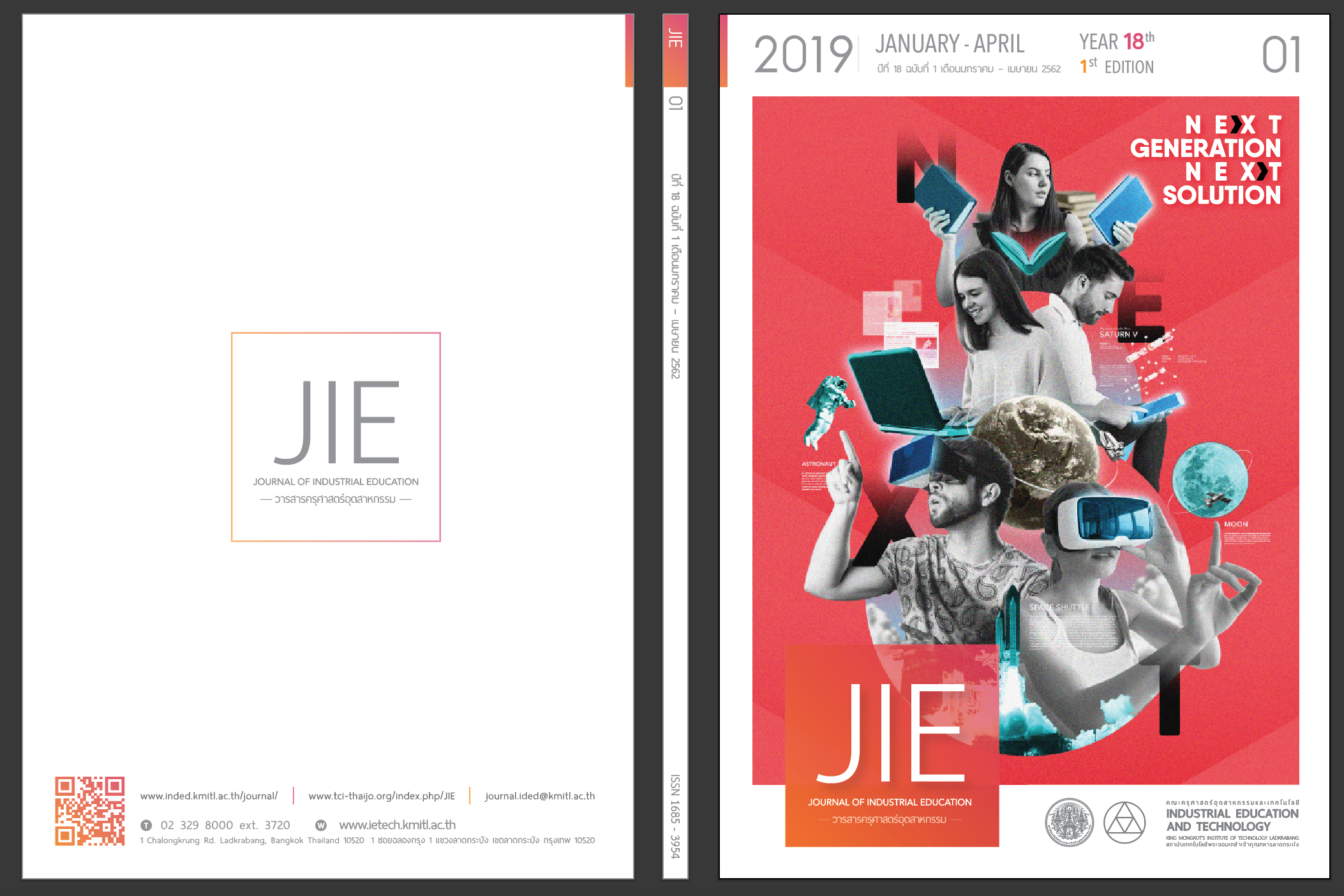FACTOR ANALYSIS OF CREATIVE LEADERSHIP OF INSTITUTIONAL ADMINISTRATORS UNDER MINISTRY OF CULTURE
Main Article Content
Abstract
This study aims at analyzing factors of creative leadership of institutional administrators under ministry of culture and exploring opinions level of teachers and educational staff towards these factors. The samples were teachers and educational staff under ministry of culture, selected with multistage sampling technique. The instrument was 5 rating-scale questionnaires with the index of item – objective congruence between 0.80 – 1.00, discrimination value were orderly at 0.332 - 0.809 and the reliability was .923. The data were analyzed by Exploratory Factor Analysis.
The findings revealed that :
1) There were three main factors including 1) flexibility and imagination; 2) practical vision; and 3) trust.
2) On average, the opinion’s level of teachers and educational staff towards these factors was at high. The first factor with highest mean was 1) flexibility and imagination; 2) trust; and 3) practical vision.
Article Details
"The opinions and contents including the words in papers are responsibility by the authors."
"ข้อคิดเห็น เนื้อหา รวมทั้งการใช้ภาษาในบทความถือเป็นความรับผิดชอบของผู้เขียน"
References
Kittkhan Patipan. 2017. https://www.academia.edu/8634471/Creative_Leadership. 15 October 2017.
Chernin, P. 2001. Creative leadership : The strength of ideas The power of the imagination.Vital Speeches of the Day, 68(8), p.245.
Bennis, W. 2002. Creative Leadership. [ABI]. Bangkok : Chulalongkorn University.
Ibbotson, Piers & Darso, Lotte. 2008. Directing creative: The art and craft of Creative Leadership. Journal of Management and Organization, 14 (5), p. 548-559.
Hair, J. et.al. 2010. Multivariate data Analysis : A global perspective. (7th ed). New Jersey : Pearson Education Inc Joreskog.
Boonchan Sisan. 2014. Research methodology in educational administration. Bangkok : Mean Service Supply Limited Partnership.
Sarisa Patesin. 2011. The brain training technique Solution Strategy Success. Bangkok : Thai quality book.
Kamchorn Soonpongsri. 2012. AESTHETICS. Bangkok : Chulalongkorn University.
Sukanya Srisacorn. 2004. The Development of problem solving ability of Eighth grade students taught by future problem solving technique. Master of Education. Department of Curriculim and Instruction Graduate School Silpakorn University.
Cook, J. & Wall, T. 1980. New work attitude measures of trust : organizational commitment and personal need non-fulfillment. Journal of Occupational Psychology, 53, 39-52.
Shaw, R. B. 1997. Trust in the balance. 2nd ed. San Francisco : Jossey-Bass.
Charinee siguljoy, et.al. 2015. The Creative Leadership of School of School Administrators which Affected Schools Atmosphere under the Office of Chachoengsao Primary Education-Area 2. M.Ed.; Educational Administration Srinakharinwirot University.
Porntip Pankong. 2016.Creative Leadership/School Administrator/ Chonburi Primary Educational Service Area Office 3. M.Ed.; Educational Administration Burapha University.
Wattana Pakika. 2017. Developing Creative Leadership Program for School Administrators. Ed.D, Educational Administration and Development Mahasarakham University.
Duangkhae Kumnok. 2016. A Study of the Creative Leadership of the School Administrators under Nakhon Ratchasima Primary Education Service Area Office 6. M.Ed.; Educational Administration Nakhon Ratchasima Rajabhat University.

